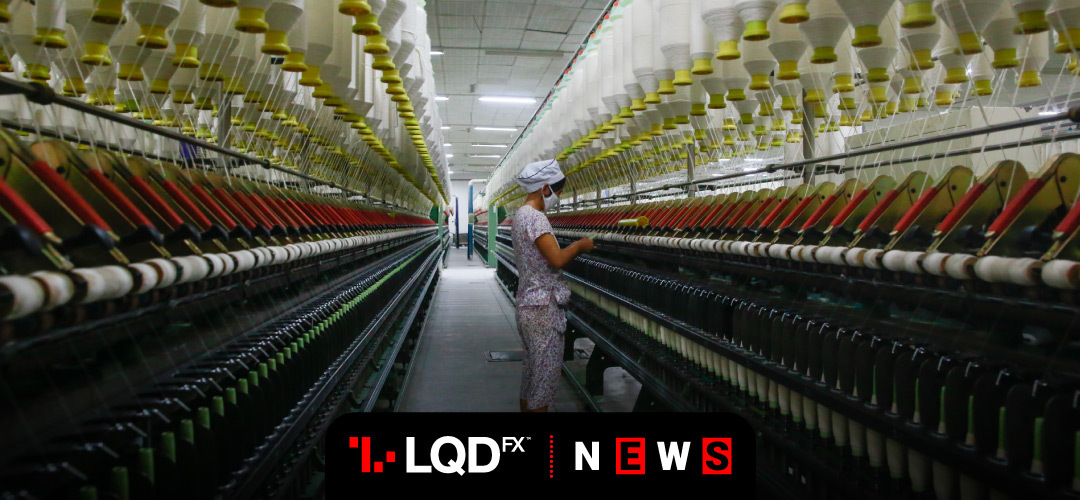PMIs data showed economic activity in the euro zone virtually halted by government-imposed lockdowns, following other major economies.
IHS Markit’s Flash Composite Purchasing Managers’ Index (PMI) sank to by far its lowest reading since the survey began in 1998.
The euro fell to its lowest in a month and it was last at $1.07795. Investors await the result of a meeting of EU leaders on the bloc’s response to the economic turmoil caused by the pandemic.
EU leaders will on Thursday take their first step towards joint financing of an economic recovery after the coronavirus pandemic. With a wide split between member states on how best to pay for getting their economies going again after the coronavirus slump. Discussion on the recovery has so far mostly pitted the ailing south against the more fiscally conservative north of the EU
In Japan, the services sector shrank at a record pace in April. Also, factories ceased operations across the country due to the widening fallout from the coronavirus pandemic.
In South Korea, the pandemic pushed economy into its biggest contraction since 2008 in the first quarter.
In Canada, the annual inflation rate tumbled to a near five-year low in March.
The Swiss government forecast the country’s economy will shrink 6.7% this year, the worst downturn in 45 years due to coronavirus.
In the States hundreds of members of the U.S. House of Representatives will gather in Washington on Thursday to pass a $484 billion coronavirus relief bill. This latest injection brings the unprecedented total of funds approved for the crisis to nearly $3 trillion.
START TRADINGForex – Major economies to a virtual standstill
Market activity appears immune to new data about the disastrous economic fallout of the major economies from the coronavirus.
The dollar slipped against the currencies of oil-producing states. A bounce in crude prices gave succor to markets shaken by the massive coronavirus-induced drop in demand. The dollar was up 0.1% against a basket of currencies, lasting trading at 100.620.
The euro dropped 0.6% against the dollar to its lowest since March 24. The euro fell 0.6% against the pound to 87.7240 pence.
Sterling gained even after UK preliminary PMI readings for April fell far below even the most pessimistic forecasts.
Versus the in-demand dollar, the pound was up 0.2% at $1.2351. Against the euro, which also saw worse-than-expected PMI data on Thursday morning, the pound was up around 0.5% at 87.35 pence.
Brent crude rallied on tensions in the Middle East and signs that producers were cutting production to address collapsing demand for fuel. In volatile trading, Brent crude soared as much as 15%, bouncing back from its lowest level since June 1999. It was last up 9.1% at $22.23 a barrel.
PLEASE NOTE The information above is not investment advice.
Sources: Reuters, Investing, CNN money
